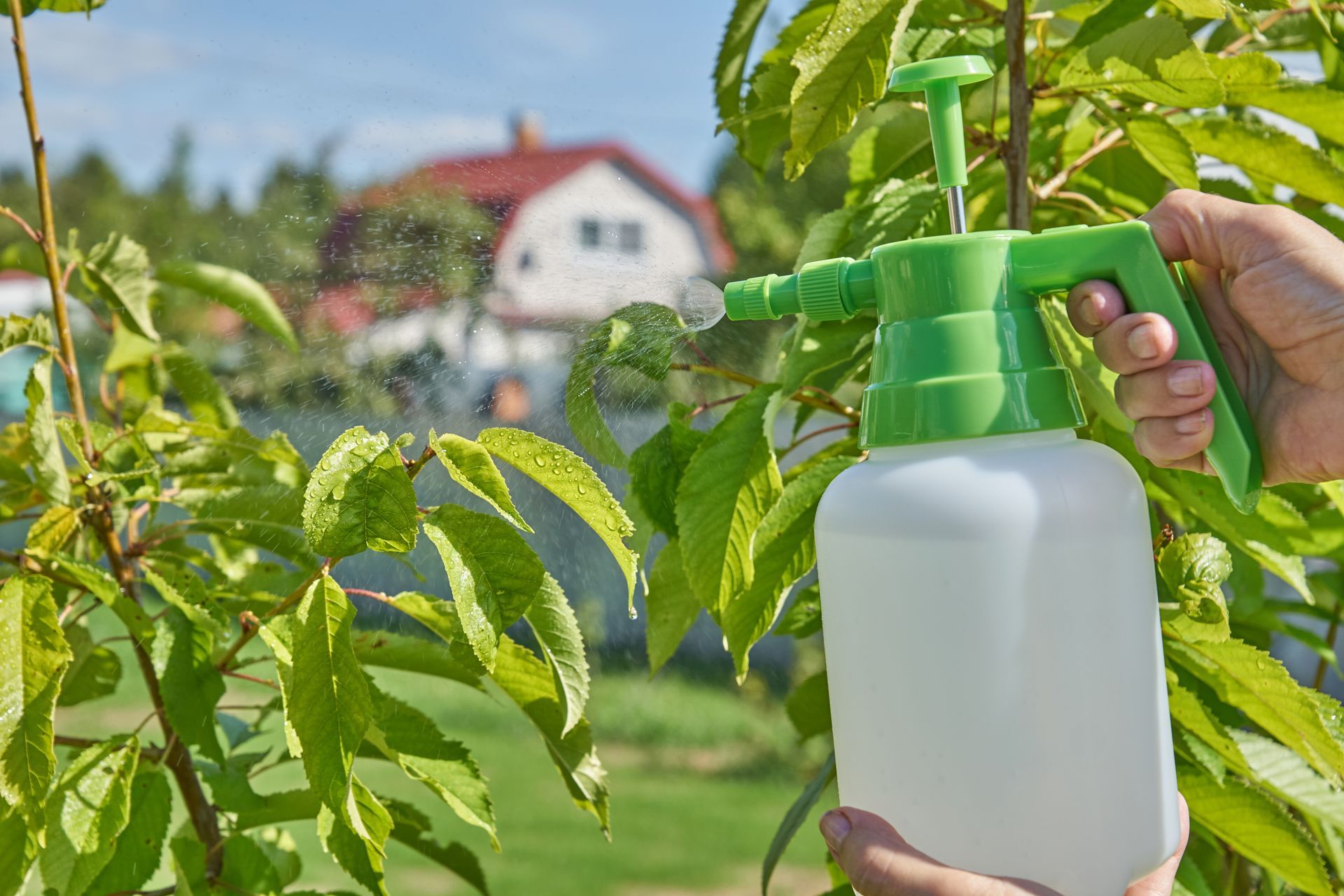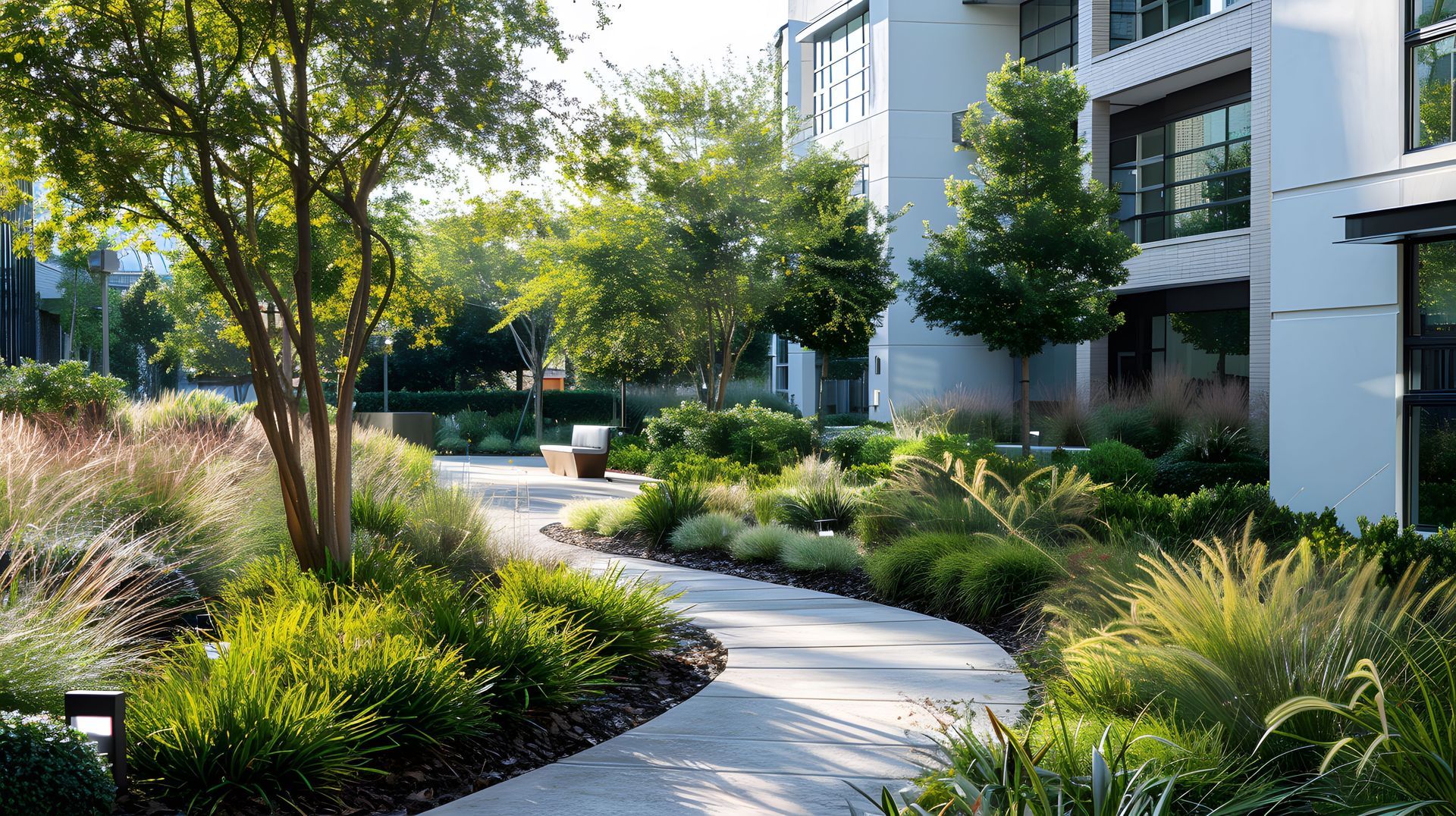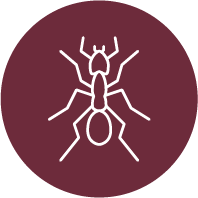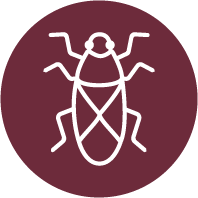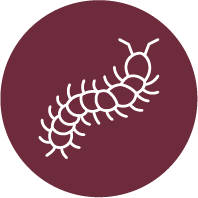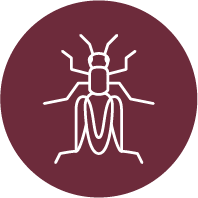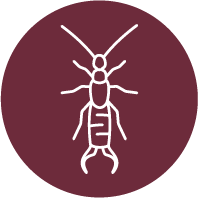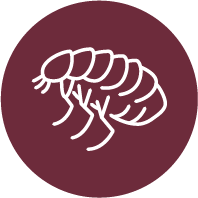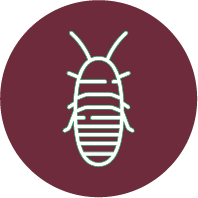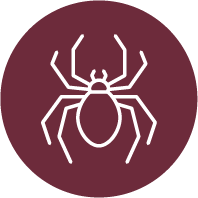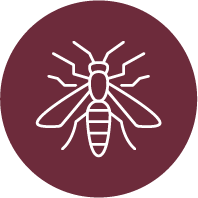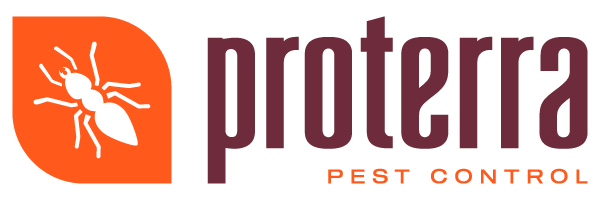Ensuring Your Pest Control Is Animal-Friendly
Pest control is an essential service for maintaining a healthy and comfortable living environment, but for pet owners, ensuring these services are safe for their animals is equally important. Traditional pest control methods often rely on chemicals that can pose serious health risks to pets. Dogs, cats, and other animals frequently explore their surroundings by sniffing and licking, making them particularly vulnerable to toxic substances. This has led to a significant increase in the demand for pet-friendly pest control solutions, as conscientious pet owners seek to protect their furry companions from harm. A study by the National Pesticide Information Center underscores the potential dangers pesticides pose to pets, highlighting the need for safer alternatives.
Key Features of Pet-Safe Pest Control Solutions
Pet-safe pest control methods focus on using organic or natural ingredients that minimize harm to animals. Integrated pest management (IPM) is a crucial component of this approach, reducing the reliance on harmful chemicals through prevention, monitoring, and control techniques. This method not only effectively targets pests but also ensures the safety of pets and the environment.
Pet-safe products are subject to rigorous testing and certification to confirm their safety and effectiveness. Common natural ingredients found in these products include essential oils like peppermint and lavender, as well as diatomaceous earth, a naturally occurring sedimentary rock effective against various pests. These ingredients contribute to a healthier home environment while being safe for pets.
Proterra's Approach to Pet-Friendly Pest Management
Proterra Pest Control is dedicated to providing eco-friendly and pet-safe pest control solutions. By utilizing organic-blended treatments, Proterra reduces the risks associated with traditional chemical methods, ensuring pets' safety while effectively managing pests. The company's tailored pest control plans consider the specific needs of pet owners in the Tri-Cities area, offering a personalized approach to pest management.
Proterra's unlimited service guarantee ensures customers receive effective pest control without compromising their pets' safety. This commitment to
pet-friendly solutions
distinguishes Proterra as a trusted provider in the Tri-Cities region, which includes Kennewick, Pasco, and Richland, WA.
Tips for Pet Owners: Choosing the Right Pest Control Service
Pet owners should prioritize companies that offer pet-safe solutions when selecting a pest control provider. It's crucial to ask about the methods and products used by the company to ensure they align with pet-friendly practices. Questions such as "Are your products tested for pet safety?" and "Do you use integrated pest management techniques?" are important to ask.
Checking for certifications or affiliations with eco-friendly organizations can provide additional assurance of a company's commitment to safe practices. Transparency in pest control practices and open communication with pet owners are also key factors to consider when choosing a provider.
DIY Pet-Safe Pest Control Strategies
Pet owners can take proactive steps to manage pests using pet-safe methods at home. Natural repellents and preventative measures, such as maintaining cleanliness and sealing entry points, can effectively reduce pest populations. For example, using essential oils like peppermint or citronella can deter insects without posing a risk to pets.
Caution should be exercised when using homemade remedies. It's important to conduct proper research or seek guidance to ensure the safety of DIY solutions. Resources from reputable organizations can provide valuable information on creating safe and effective solutions.
Local Perspectives: Pet Safety and Pest Control in the Tri-Cities
In the Tri-Cities region, local initiatives and community programs promote pet-safe pest control practices. Kennewick, Pasco, and Richland have embraced eco-friendly pest management guidelines, encouraging residents to adopt safer alternatives for their homes and pets.
Local pet owners have shared their experiences with pet-safe pest control measures, highlighting the benefits of choosing eco-friendly solutions. One resident of Kennewick remarked, "Switching to pet-safe pest control has given me peace of mind, knowing my pets are safe while keeping pests at bay."
Cultural attitudes towards pets in the Tri-Cities region reflect a strong commitment to their protection and well-being. As more pet owners become aware of the potential risks associated with traditional pest control methods, the demand for pet-safe solutions continues to grow, fostering a community dedicated to the health and safety of its furry residents.
The Role of Education in Promoting Pet-Safe Pest Control
Educating pet owners about the dangers of conventional pest control methods and the benefits of pet-safe alternatives is essential. Workshops, seminars, and informational campaigns can help raise awareness and provide valuable information on safe pest management practices. By empowering pet owners with knowledge, communities can encourage the adoption of safer pest control methods.
Pet owners should also be informed about the signs of
pesticide poisoning in pets, such as vomiting, diarrhea, or lethargy, so they can seek immediate veterinary care if necessary. Education plays a critical role in ensuring pets' safety and promoting healthier living environments.
Innovations in Pet-Friendly Pest Control
The pest control industry continues to innovate, developing new products and methods that prioritize pet safety. Advances in technology have led to the creation of smart pest control devices that target pests without harming pets. These devices can be integrated into home automation systems, offering a modern solution to pest management.
Research into natural pest deterrents and their effectiveness is ongoing, with scientists exploring new ways to combat pests using safe, eco-friendly ingredients. As the industry evolves, pet owners can expect even more options for maintaining a pest-free home without compromising their pets' safety.
Building a Pet-Friendly Community
Communities can play a significant role in promoting pet-safe pest control practices. By supporting local businesses that prioritize pet safety and encouraging the adoption of eco-friendly pest management methods, communities can create a safer environment for all residents, both human and animal.
Neighborhood associations and local governments can work together to establish guidelines and incentives for pet-friendly pest control practices. By fostering a sense of community responsibility, residents can collectively contribute to a healthier, safer living environment.
Pet-safe pest control is a vital consideration for pet owners seeking to maintain a healthy and safe environment for their animals. By understanding the features of pet-friendly solutions, choosing the right pest control provider, and exploring DIY strategies, pet owners can effectively manage pests without compromising the safety of their beloved pets. With the support of community initiatives and ongoing education, the adoption of pet-safe pest control methods will continue to grow, ensuring a safer environment for all.
For more information about pet-friendly pest control solutions, reach out to Proterra Pest Control today.
Our team is dedicated to providing safe and effective pest management services tailored to the needs of pet owners.
